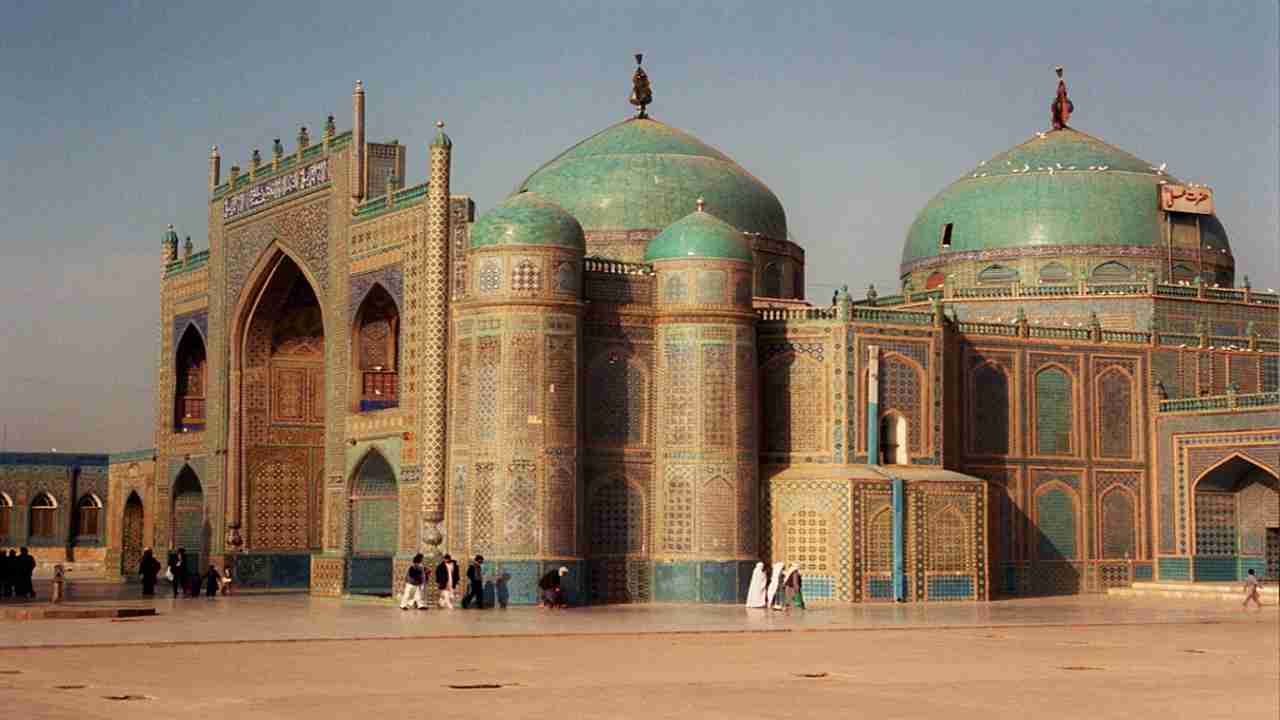Hazrat Ali birth anniversary: Hazrat Ali ibn Abi Talib (RA), also known as Hazrat Ali or Maula Ali is referred by Muslims as Shah-e-Mardan’, ‘Sher-e-Yazdan’ and ‘Quwwat-e-Parwardigar’
The three phrases roughly translate to as follows: ‘King of Men’, ‘Lion of Allah’ and ‘Power of Lord’. With these references, one can gauge the perspective of Islamic believers and theologians towards Hazrat Ali.
The day will be observed on March 9, 2020, as per the gregorian calendar.
History of Prophet Muhammad’s ‘Spiritual Successor’
Hazrat Ali, as per the Arabic calendar, was born on 13th of Rajab, 21 years before Hijri (BH). According to the gregorian calendar, his date of birth is claimed to be September 15, 601.
He was born into the dominant Quraysh tribe, with his father being in-charge of guarding the sacred Kaaba in Saudi Arabia’s Mecca. Prophet Muhammad, who was yet to proclaim Islam till then, was his cousin brother.
When Muhammad (SAW) began preaching Islam and inviting the pagans of Makkah to embrace the religion, Ali was the first among them to accept Islam. Several prophetic narrations have confirmed that he was first Muslim or the believer of Abrahamic faith to have taken oath from Muhammad, the final messenger of Allah.
Hazrat Ali emerged as one of the closest companions and aides of the Prophet, accompanying him in the da’wah or the invitation of Islam extended to all Arab and regional tribes, as well as the wars which had erupted after Hijrat, or the migration journey taken by the Prophet and his followers to Medina.
Significance of Hazrat Ali birth anniversary
Ali’s valour in the Battle of Badr and Hunain, along with other military confrontations, earned him the titles of Lafata Ila Ali (no victory without Ali) and La Saif Illa Zulfiqar (no sword except zulfiqar — the sword used by him). After the Prophet’s departure from the world, he was seen as the fourth caliph to the Islamic empire.
The Sunni and Shia division emanates from this point in the history of Islam. While Sunnis regard Ali as the immediate “spiritual successor” of Muhammad (SAW), they also agree that he was the fourth in rank to politically succeed the Prophet. The Shias, however, allege a conspiracy, claiming that the Prophet had in his lifetime declared Ali as both his political and spiritual successor.
Both sects rely on the hadeeth of Eid-e-Ghadeer as narrated in several prophetic narrations including Sahih Ibn Hibban and Al-Musnad. As per the hadeeth, the Prophet – while returning from his final pilgrimage in the year 632 (18th Dhul Hijjah, 10 Hijri as per the Islamic calendar) issued a sermon at a place known as Ghadir Khumm.



















